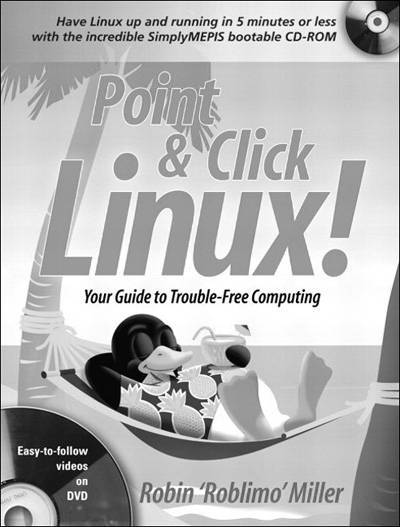Getting Hooked on Open Source Software
| Don't laugh. It's easy to get hooked on open source software, and not just because it's often free to download and use. Freedom can often be more important than free in the "You don't have to pay for it" sense, especially when it comes to software. After you've installed OOo and other open source software packages on a number of computers, the next time you install a proprietary program that puts you through an extensive registration and verification process as part of the installation, you'll wish all your software were open source. Once you get in the habit of using high-quality open source software like OOo, you might start thinking that maybe, just maybe, an awfully high percentage of the cost associated with commercial software might be going into marketing instead of into the software itself. The problem with this train of thought is that it's entirely true. Almost every major proprietary software vendor in the world spends more on marketing and preventing "piracy" (a word proprietary software vendors use when they really mean "unauthorized sharing") than on software development. And none of the marking or "anti-piracy" cost does youthe userany good. It is far more convenient to use software you can install on any computer you want than to use software that forces you to worry about licenses and license keys and all the other proprietary software folderol. As an individual user, the fact that you can freely share your favorite software with friends and family is good because it allows you to be generous. In a corporate setting, the ability to install as many copies of a program as you need without tracking license keys and purchase conditions is a money-saver that can exceed the savings you get by getting the software for "free" in the monetary sense. Sooner or later you may even switch to Linux, the free operating system that was usedalong with OpenOffice.orgto write most of this book. Linux is immune to virtually all current Internet-spread worms and viruses, and it can't get infected with Windows adware or spyware. In fact, many people consider Linux boring; it just sits there and works, day after day, without a burp or a blip. It takes a little work (but not much) for most users to switch from Windows to Linux. Of course, that switch is easier if you do it the "Point & Click" way, which is why a book called Point & Click Linux! is available from the same place you got this book. The Point & Click Linux! cover. But you don't need to learn a whole new operating system right now. You might be better off learning how to use popular open source programs one at a time before you contemplate an operating system switch. Two open source programs you probably should try next are the Firefox Web browser and the Thunderbird email client. Not only are they free and open source, but many people consider them better and more secure than almost all their proprietary competition. |
EAN: 2147483647
Pages: 143
